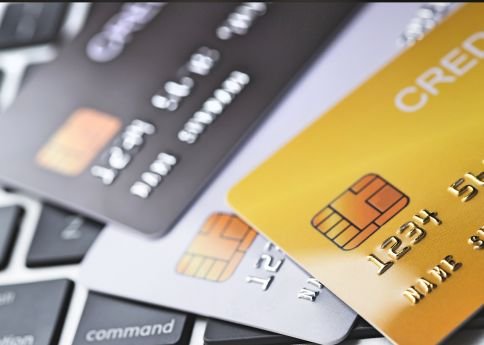If a person cannot get a loan, then they say that he has a “bad” credit rating.
The problem is that it is difficult to understand its quality without contacting a bank. But it is necessary to be able to correctly assess the chances of getting a loan.
Why do you need a credit history?
Each borrower who has taken out loans has a credit history (CI). It is stored in a special credit bureau (CRI). For example, if you bought goods in installments in a store, have a salary card with an overdraft.
Also, acted as a guarantor for someone else’s loan, or even are a malicious defaulter for utility services.
The credit history records information about all attracted loans and debts, and, most importantly, how they are serviced and repaid.
From these records, banks judge the degree of a person’s conscientiousness. Whether he regularly repays loans, and what can expect him in the future. If payments were made on time, there were no delays.
There was no excessive debt load, the borrower can approve a new loan on favorable terms.
More Blog:- Why Hiring an Online Advertising Agency Makes Sense Today?
How to evaluate your credit history?
It is almost impossible for a simple borrower (and not even a very simple one). Therefore, to understand from his credit history what his chances of getting a new loan are.
There is too much data, especially when some of them cannot categorize as unconditionally positive. For example, if there are delays for several days.
It is difficult to assess how it will look in the eyes of a potential lender. Whether you can consider a credit history to be quite high-quality or not entirely, or completely low-quality.
For the accommodation of banks and borrowers. The National Bureau of Credit Histories started to ascertain the Personal Credit Rating (PCR).
RCC is an integral measure of credit history, made taking into account all entries, weighted by risk level.
If it is simpler, it is a reflection of the credit history, but it is simpler and more understandable for perception since they express it in one number in the range from 300 to 850 units. Rather than assessing 200 parameters, presently you can look at one indicator, which is both more clear and quicker.
What credit rating is considered low?
When calculating the PPR, they take into account how many loans a person took and how they actively use them. How many years of his credit history, whether he did not allow delinquencies in servicing loans. Whether he gets the heavy credit, whether there are any material claims against him from other creditors. All positive entries bring additional points, and negative ones take away. Accordingly, the more points and the higher the value, the more chances the borrower has to get a loan on favorable terms.
But the numerical value, although it simplifies the task of assessing the quality of credit history, cannot completely solve it. There is not and cannot exist a clear boundary that would separate the meaning of a bad RCC, with which they can not issue the loan accurately, from a good one.
Different banks – different ratings
The fact is that banks can have completely different credit policies and different benchmarks for potential clients. Even in one bank, a borrower can get some type of loan (for example, a consumer loan), but face a refusal in car loans. Moreover, even the highest rating does not guarantee a loan, but at the same time holders of a low rating, on the contrary, can get it. The RPC assesses only the chances of obtaining a loan, which is higher, the higher the nominal value.
Therefore, there can be no clear criteria for “bad” in this case, there are only relative ones. For one loan, the PKR is bad, but for another, its value will turn out to be good.
General characteristics are only possible for low or high values.
Thus, in the National Bureau of Credit, they consider the Histories, the RCC, less than 500 points often bad. This means that borrowers with such an assessment, as a rule, have access to only small loans for a short period, and for large loans, it is already necessary to provide additional security in the form of collateral or guarantor.
Low to High
When the credit history is just beginning to form and the borrower takes out his first loan, his RCC is at a neutral level, it is neither good nor bad. Until he starts making the payments first, they don’t even calculate the rating due to a lack of information.
Of course, this does not mean that they will not approve the borrower for a loan anywhere. Banks issue loans to borrowers without experience, But at the same time, they try to limit themselves to small amounts for a short period.
If the borrower serves the first issued loans well, pays on time and on time, the quality of his credit history begins to grow. But when they treat the servicing of their obligations inaccurately and delay the payments . it decreases. Non-fulfillment of current obligations is the main reason for the low RCC.
Note that, if you’re going to make a credit card transaction then check with the credit card checker the credit card’s eligibility and validity. And for successful credit card transactions, the bank identification number plays an important role. It also helps you to find a financial organization. You can check Bin code with the online bin code checker tool.


1 comment
[…] Read More Blog:- Why do you need a credit history? […]